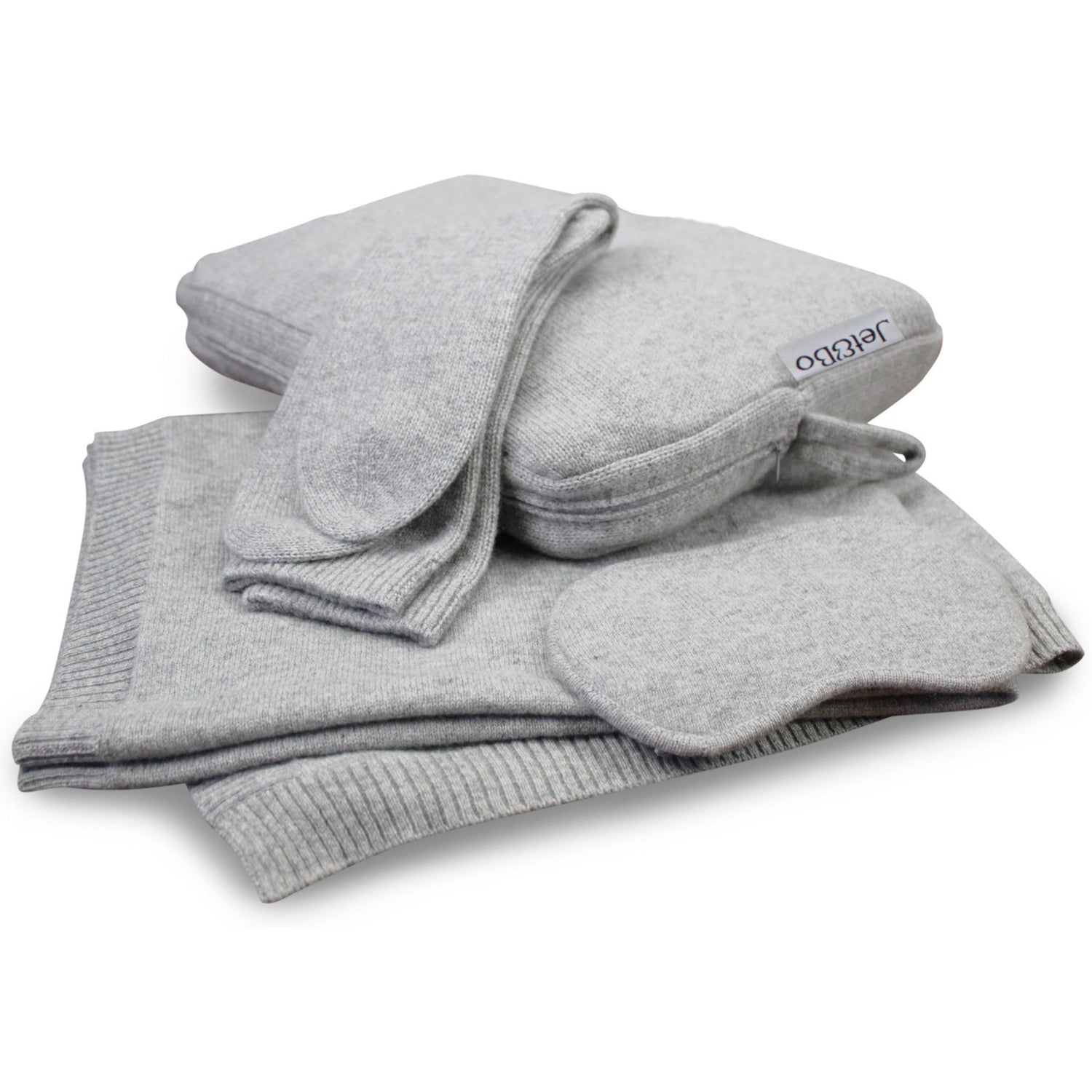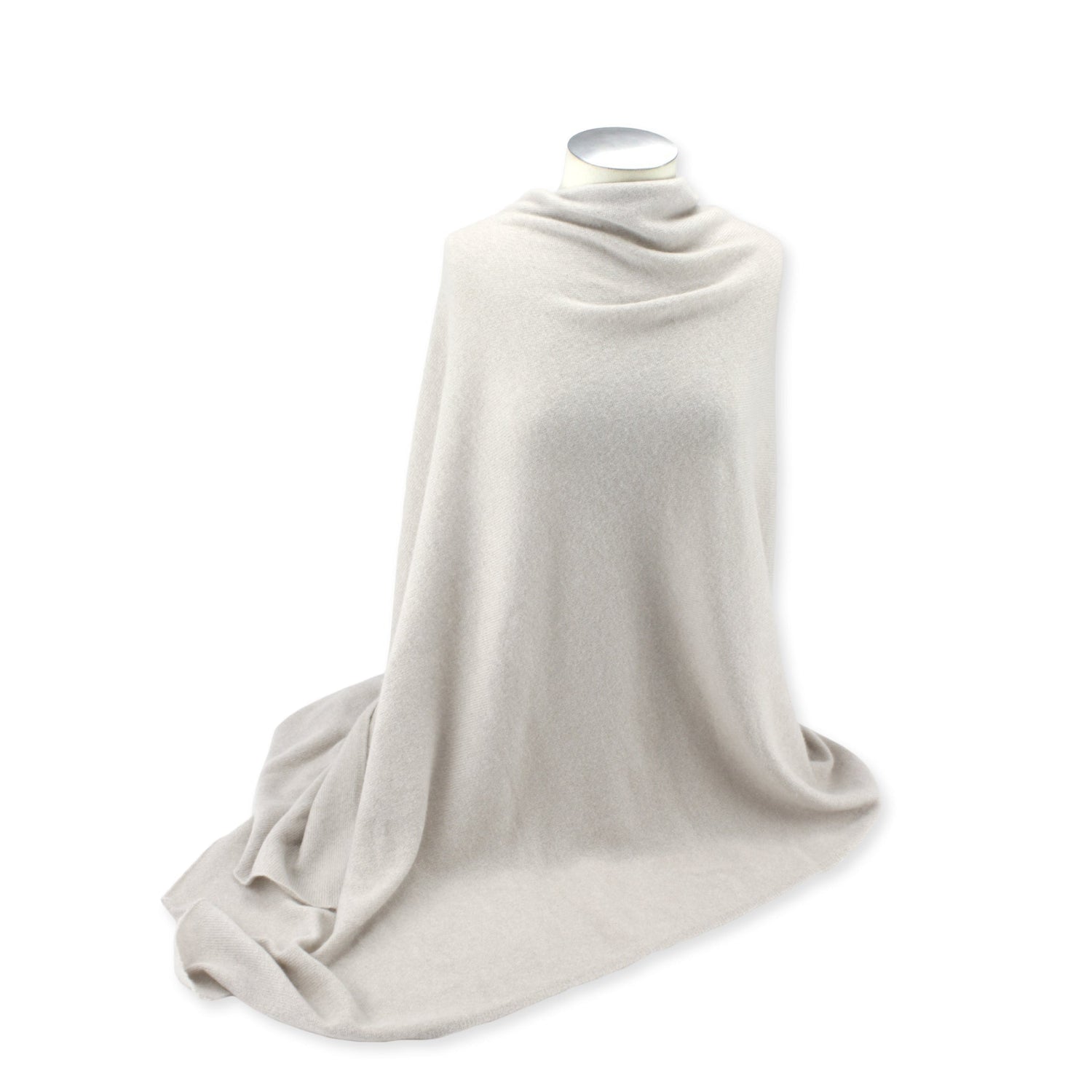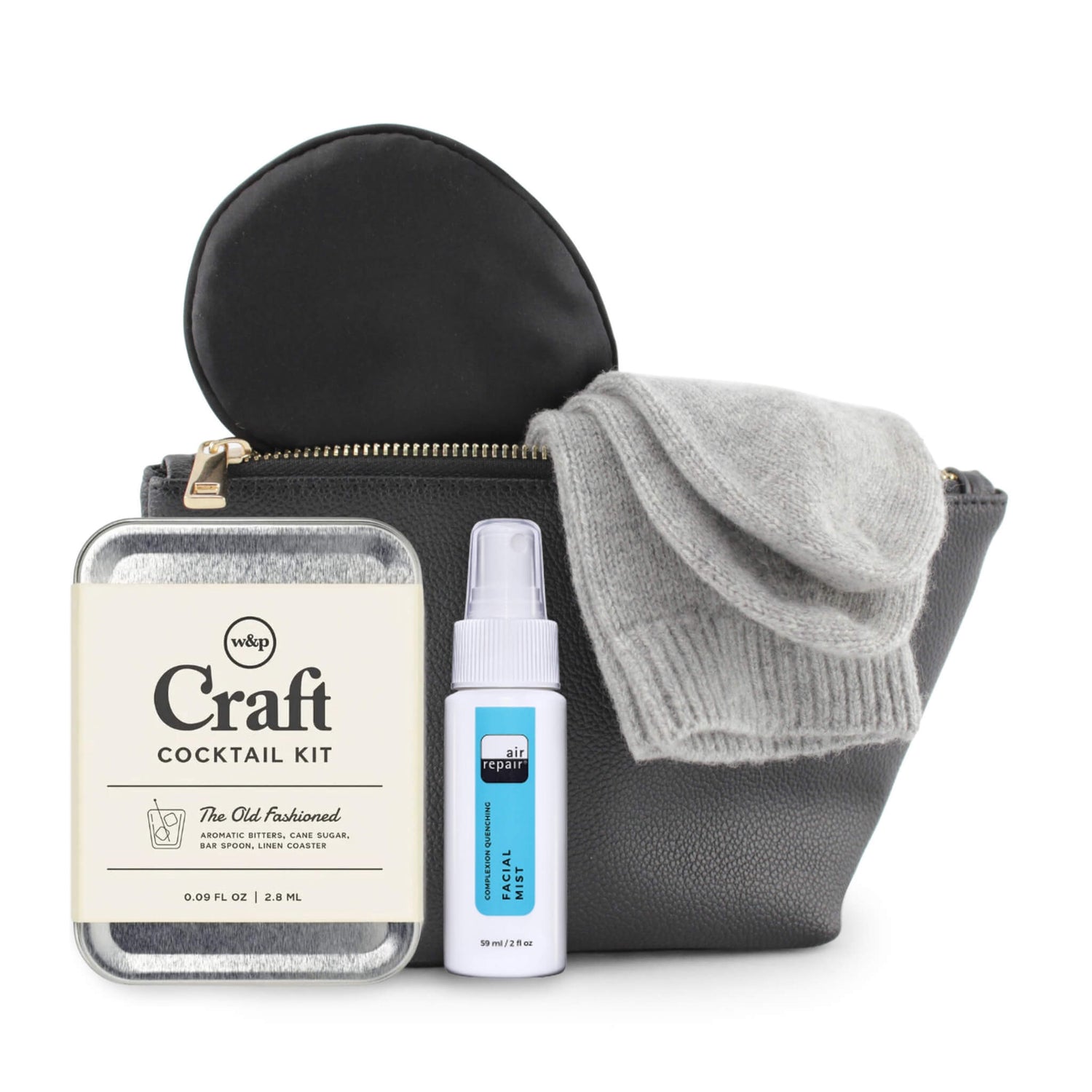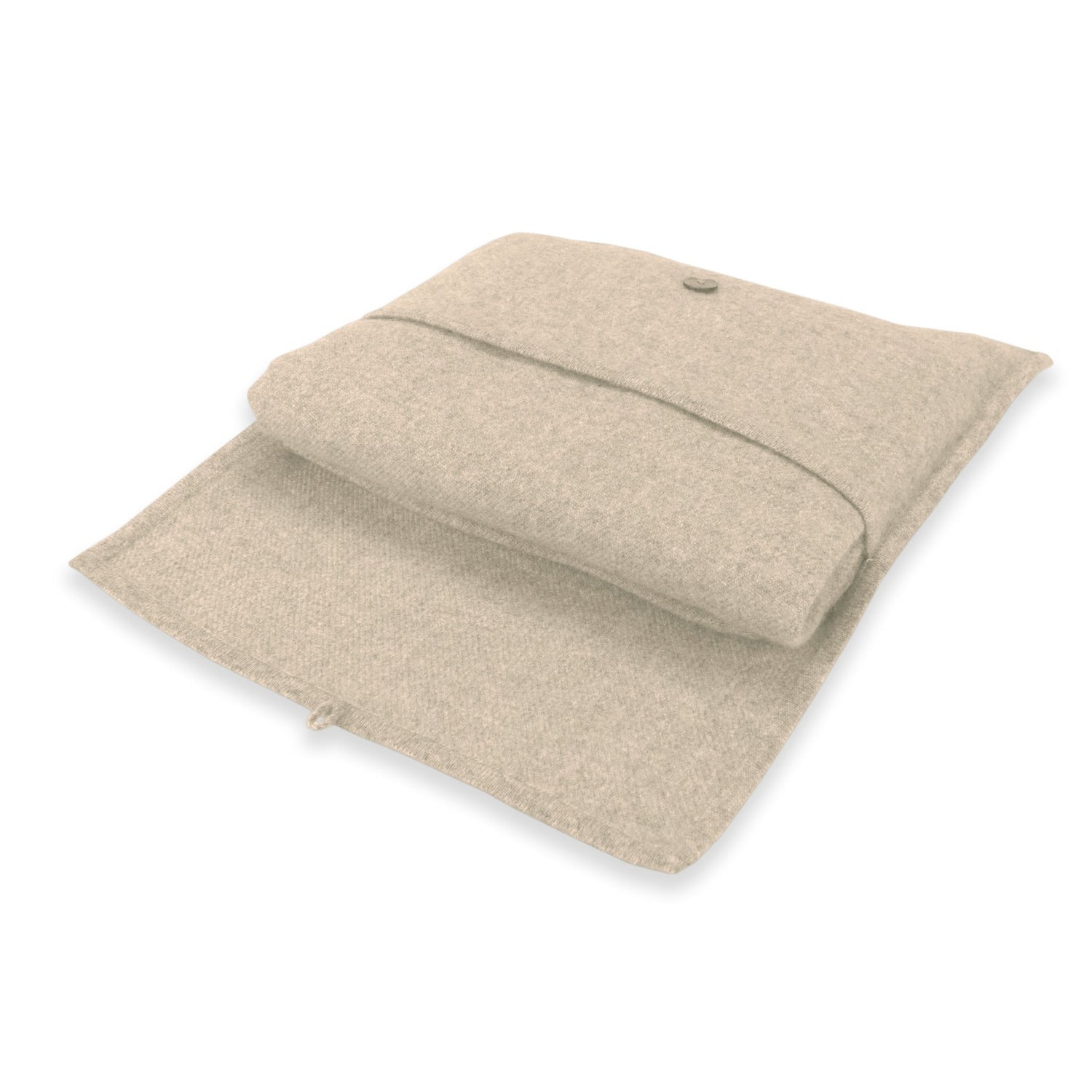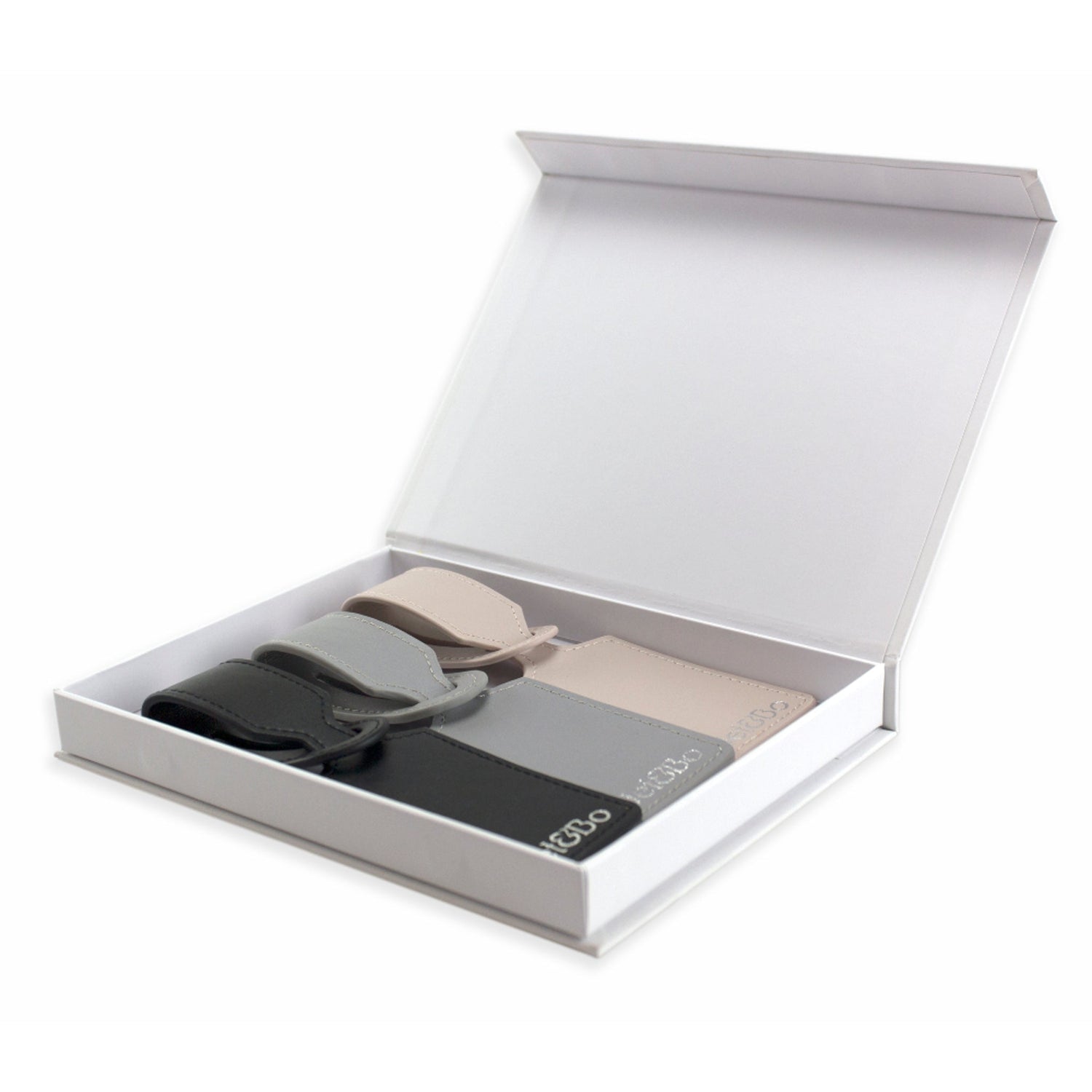
The fashion industry has recently seen a growing interest in sustainable practices, with recycled materials taking center stage. Among these materials, recycled cashmere has emerged as a popular choice, offering a blend of luxury and eco-consciousness. But what exactly is recycled cashmere, and how is it produced? Let's delve into the process to gain a better understanding.
What is Recycled Cashmere?
Recycled cashmere is a sustainable alternative to traditional cashmere, which is derived from the soft undercoat of cashmere goats. Instead of using new cashmere fibers, recycled cashmere is crafted from pre-existing cashmere garments or production waste. These materials are collected, sorted, and processed to create new yarns, which can then be used to produce a wide range of clothing and accessories.
The Recycling Process
The journey of recycled cashmere begins with collecting old cashmere garments or scraps. These items are sorted based on color, quality, and fiber content to ensure uniformity in the final product. Once sorted, the cashmere is thoroughly cleaned to remove any dirt, oils, or contaminants.
Next, the cleaned cashmere is processed to break down the fibers into a fine consistency. This process may involve shredding, carding, or combing the fibers to align them and remove any impurities. The resulting fiber is spun into yarn using traditional spinning techniques or modern machinery.
After spinning, the yarn is ready to be woven or knitted into new garments or accessories. Designers and manufacturers can utilize recycled cashmere yarn in various ways, from cozy sweaters and scarves to luxurious blankets and shawls. The versatility of recycled cashmere allows for endless possibilities in fashion design, catering to both style and sustainability.
Understanding the Difference
Traditional cashmere production involves harvesting soft fur from cashmere goats. This process requires significant land and water resources, often leading to environmental degradation concerns. On the surface, recycled cashmere appears to offer a solution by repurposing old garments and scraps. However, the reality is more nuanced.
Benefits of Recycled Cashmere
Recycled cashmere offers several advantages over traditional cashmere production. Firstly, it reduces the demand for virgin fibers, conserving natural resources and minimizing environmental impact. By repurposing existing materials, recycled cashmere also helps divert textile waste from landfills, contributing to a more circular economy.
Additionally, recycled cashmere can provide economic benefits by offering cost-effective alternatives for fashion brands and consumers. While maintaining the luxurious softness and warmth of conventional cashmere, recycled cashmere may be less expensive, making sustainable fashion more accessible to a wider audience.
Navigating Challenges
While recycled cashmere minimizes the demand for new raw materials, it has drawbacks. The process of recycling involves energy-intensive sorting and processing, which can offset some of its environmental benefits. Additionally, the quality of recycled cashmere may vary, leading to concerns about durability and performance compared to virgin cashmere. Furthermore, the widespread adoption of recycled cashmere could inadvertently contribute to normalizing disposable fashion, perpetuating a cycle of consumption and waste.
The review of recycled cashmere underscores both the promise and complexity of sustainable fashion. As consumers increasingly seek eco-friendly alternatives, recycled cashmere emerges as a compelling option, offering a blend of luxury and environmental consciousness. By repurposing existing materials, recycled cashmere reduces the demand for virgin fibers, conserves natural resources, and diverts textile waste from landfills. However, despite its merits, challenges persist. The energy-intensive process of recycling and concerns about variable quality raise questions about the true sustainability of recycled cashmere. Additionally, there's a risk that its widespread adoption could perpetuate the cycle of disposable fashion.
The journey towards sustainable fashion is ongoing. By understanding the process behind recycled cashmere, consumers can make a more informed choice that aligns with their values.
